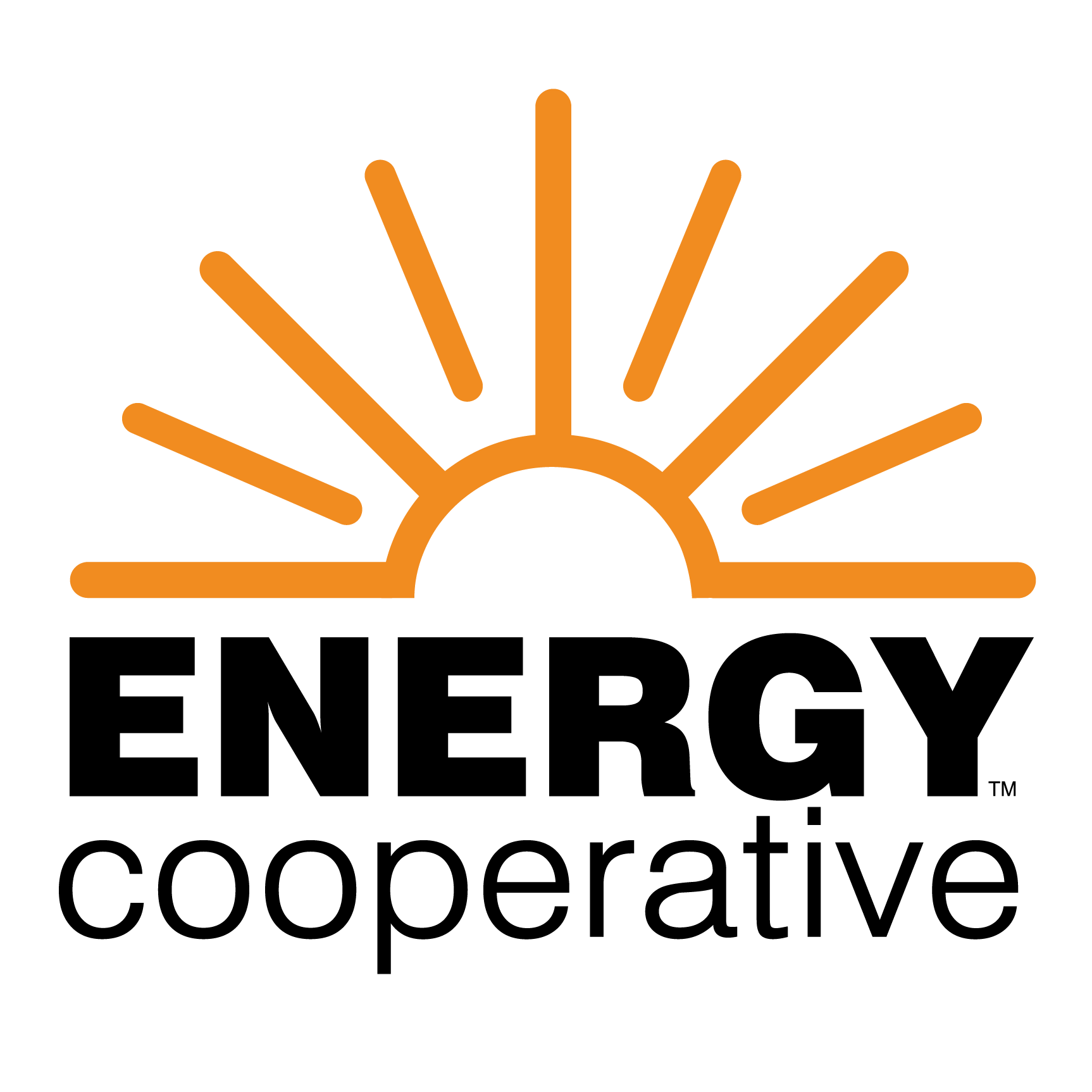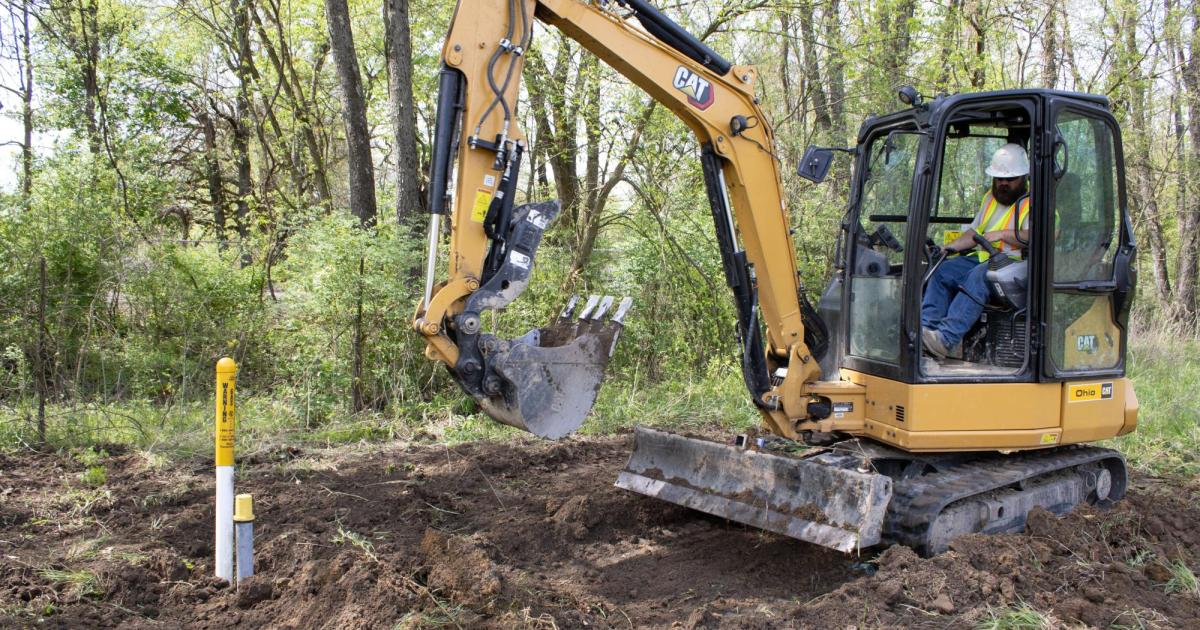Remember the three ways to recognize a natural gas or propane gas leak:
- SMELL: To help you smell a leak from a gas line or appliance, a familiar odor like rotten eggs is added to natural gas and propane gas.
- SEE: Near a gas leak, you might see blowing dirt, bubbling water, or an unusual area of dead vegetation.
- HEAR: A leaking pipeline might make a hissing sound you can hear.
Please note that natural gas transported by gathering pipelines may not be subject to fluid protection, may have varying levels of btu content, and does not have the odorant mercaptan added, although the gas may still have a distinct natural odor.
If you recognize even one of the above signs, walk away.
- Don’t try to stop or repair the leak yourself or use anything that might create a spark, such as a cell phone.
- Avoid using potential ignition sources such as telephones, doorbells, garage door openers, electrical/light switches or vehicles.
- From a safe distance, call 911, then call us immediately at 740-344-2102. Never try to extinguish a gas fire or operate any pipeline valves.
- Do not re-enter the structure or area until you receive confirmation that it is safe to do so.

